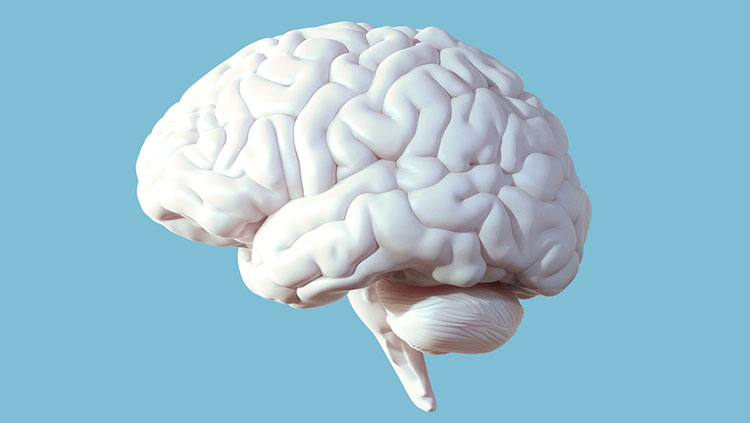The Penn and Stanford teams of researchers are looking into the neural processes that occur at the intersection of habit formation and binge eating.
According to a study published in Science Translational Medicine, circuit-based mechanisms mediating habit formation are at play in habit-driven eating behavior.
The study first identified the locations of the sensorimotor putamen and associative caudate in the human brain by utilizing probabilistic tractography from data via the Human Connectome Project.
What the study’s authors determined: “We found that multivariate connectivity of the sensorimotor putamen was altered in humans with binge eating disorder and bulimia nervosa and that the degree of alteration correlated with severity of disordered eating behavior.”
“Our findings suggest a neural circuit that links habit learning and binge eating behavior in humans, which could, in part, explain the treatment-resistant behavior common to eating disorders and other psychiatric conditions.”


